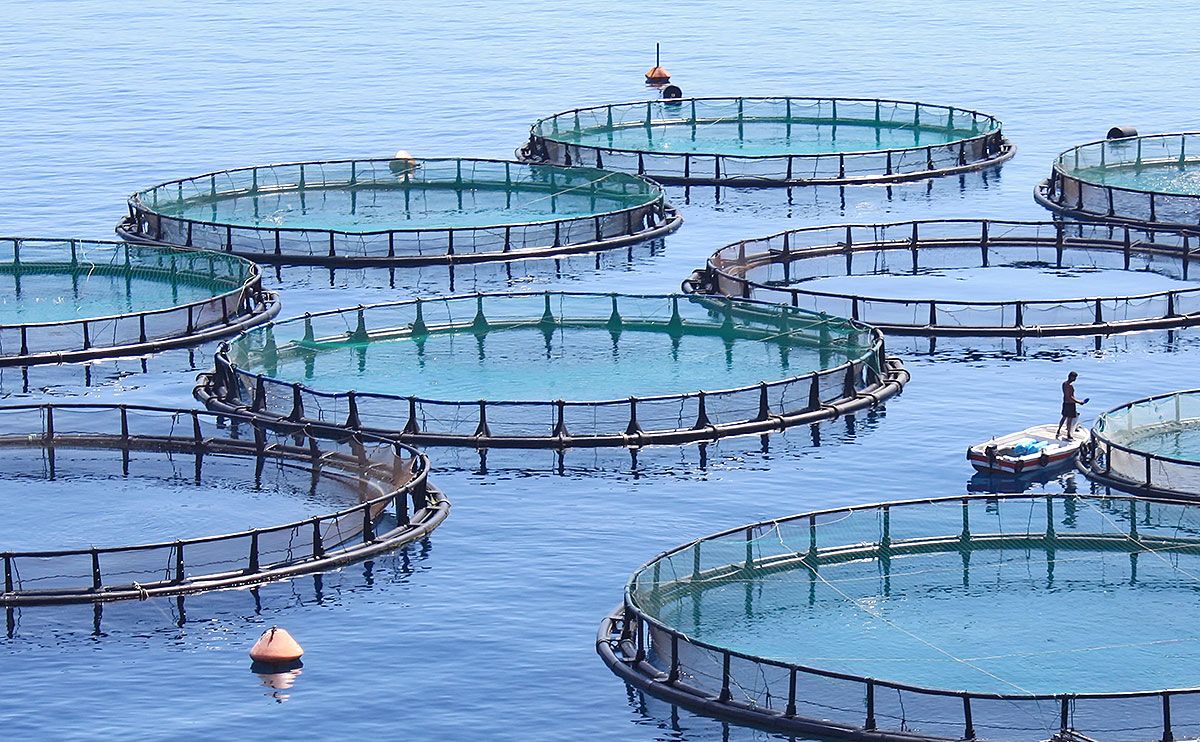Origin Agritech & DuPont Sign Definitive Agreement for Non-GM Seed Access
Origin Agritech, an agricultural biotechnology trait and seed provider, signed a definitive agreement with DuPont Pioneer, the advanced seed and genetics business of DuPont. Under the terms of the agreement, Origin will gain access to non-GM corn seed products from DuPont Pioneer. Origin anticipates having commercial seed products available for sale in the US market for spring 2017 planting. Additional terms and financial details of the agreement were not disclosed. This is Origin’s second business agreement with DuPont. The companies announced in April a commercial agreement to jointly develop new seed technologies in China for Chinese farmers.
SunCulture CEO and Co-Founder Samir Ibrahim Named to Forbes 30 Under 30 list
Samir Ibrahim, CEO and co-founder of SunCulture, a company selling solar-powered drip irrigation systems to Kenyan farmers, landed a spot on Forbes recent 30 Under 30 list. SunCulture describes its product as offering 300% greater crop yields while using 80% less water than traditional irrigation methods. Launched in 2013, the company also offers the product at a competitive price, allowing more Kenyan farmers to access it. Listen to our recent podcst with Ibrahim here.
FoodBytes! Announces First Event of 2017 – San Francisco
Rabobank’s infamous FoodBytes! will launch its 2017 season in San Francisco, where the program first began. The event will be held on Thursday, March 16 at The Village, a state-of-the-art venue within the heart of San Francisco. First launched in San Francisco in 2015, FoodBytes! was created with a simple mission: to uncover the most ground-breaking global concepts in food and agriculture, and pair those ideas with the capital needed to bring them to market. This mission was derived from Rabobank’s Banking for Food strategy, which aims to address global issues, including food waste, access, stability, and nutrition. Since FoodBytes! launched in February 2015, more than 750 companies from 19 countries have applied to pitch to over 1,000 event attendees. To apply to pitch at the San Francisco event, click here.
White House Releases a Final Coordinated Framework for the Regulation of Biotech
As the Obama Administration’s days come to an end, the White House has released its final update to the Coordinated Framework for the Regulation of Biotechnology. The update is the first of its kind in the three decades since the Coordinated Framework was established in 1986. The new framework was designed to help the government and many agencies involved in biotechnology regulation to respond more quickly to innovation and advancements.
NOAA Will Open Federal Waters to Fish Farming in the Pacific
The National Oceanic and Atmospheric Administration is developing a plan that would oversee commercial fish farming in federal waters located in an area of water around the Hawai’ian and Pacific Islands. NOAA recently implemented a similar program in the Gulf of Mexico, where the only commercial aquaculture operation in federal waters is now running. Aquaculture, and other forms of fish farming, are the subject of contentious debate among stakeholders, with some lauding ocean aquaculture as posing serious environmental risks like pollution and the potential for non-native species to escape into the wild. Read more about the arguments on all sides here.
Burger King & Tim Hortons Switch to Chicken Raised without Key Antibiotics
Two more fast food chains have announced that they will now source their chicken from operations that do not use antibiotics deemed critically important to human medicine. Burger King and Tim Horton’s parent company, Restaurant Brands International, said the shift should be complete in the US by 2017 and in Canada by 2018. According to Bloomberg, some 70% of antibiotics play an important role in treating human illness. Many other fast food chains have already announced a similar shift, including McDonald’s and Wendy’s.
FDA Releases Two Guidance Documents for Nutrition Facts Labeling and Serving Size Requirements
During 2016, the FDA spent a fair amount of time revamping the nutrition facts label and tweaking the serving size requirements, drawing both criticism and praise from many stakeholders. Now that the final rules are out, the food industry is focused on trying to figure out what compliance will require. One of the hot button areas that received a facelift was the labeling of added sugars, which must now be more explicit compared to the prior label which allowed total sugars to be listed and nothing more. The guidance on nutritional facts labels can be found here and the guidance on serving size requirements can be found here.
Other News That’s Fit to Chew:
- The NYT recently explored the complex and often conflicting relationship between corporations and the scientists who they pay to perform research.
- NPR examines the current battle to cut methane emissions across several industries, including livestock production.
- A newly filed lawsuit in California alleges that Coca-Cola and ABA engaged in deceptive marketing practices regarding the healthfulness of drinking soda and sugary beverages, on FoodDIVE.
- The UK has a hotline called Food Crime Confidential that allows consumers to turn in food fraudsters, on Modern Farmer.
- You can now order takeaway using Amazon’s Alexa assistant, on iTech Post.
- Food Safety News reports on a new Salmonella vaccine developed at the University of Texas that could be available in five years.





